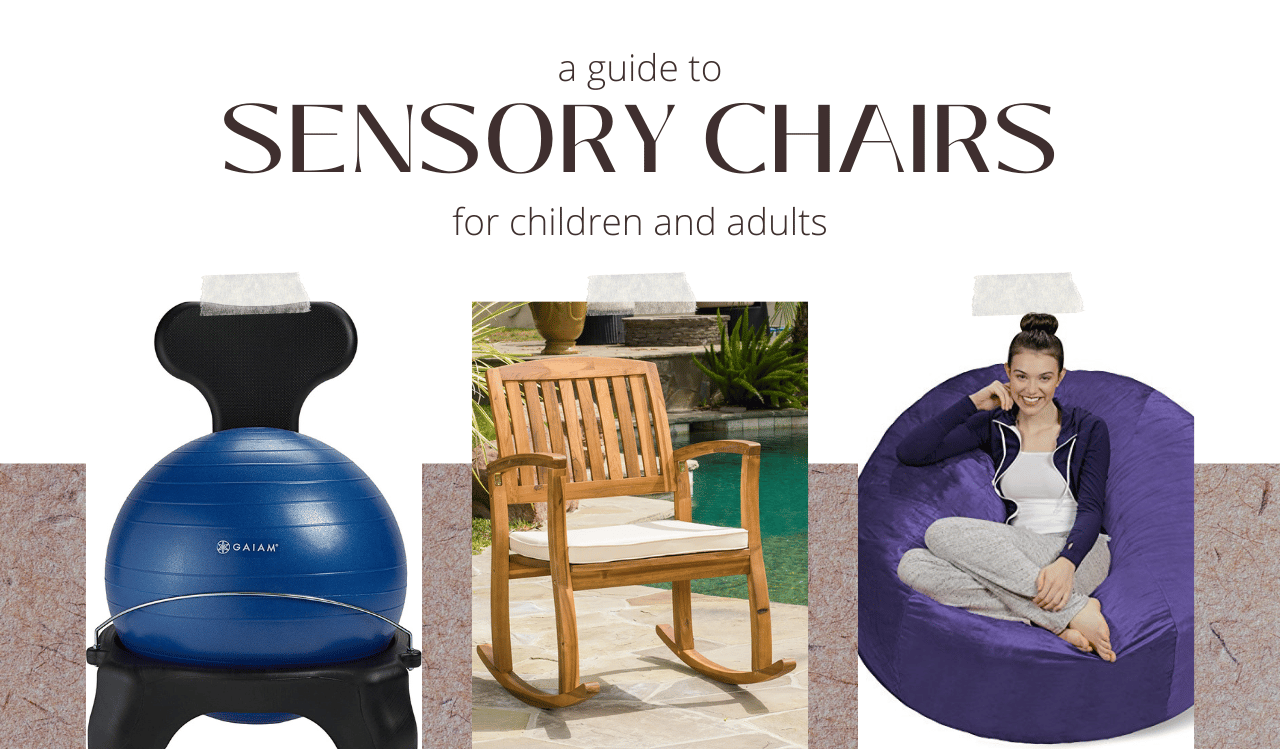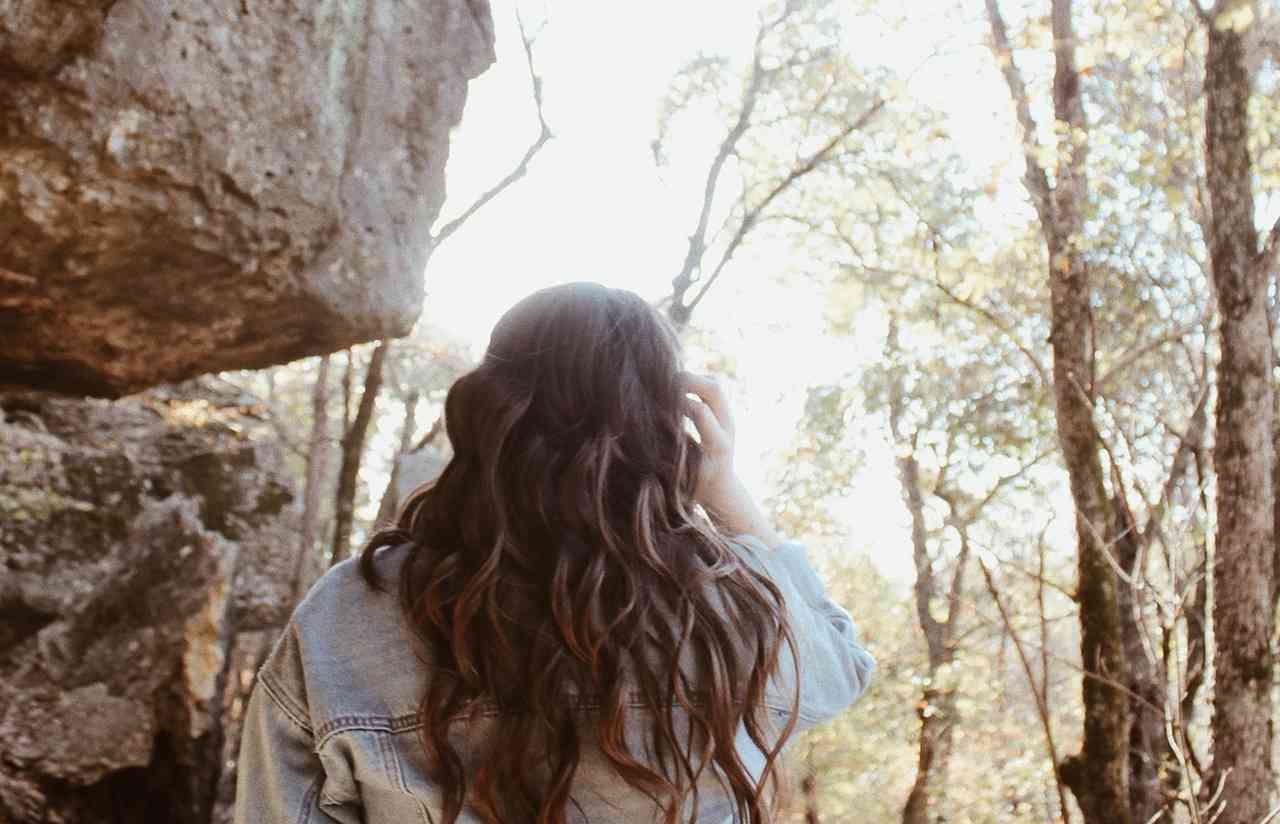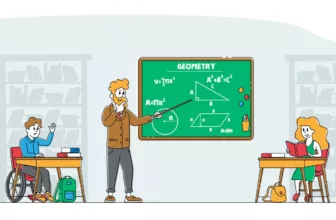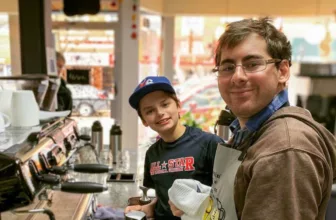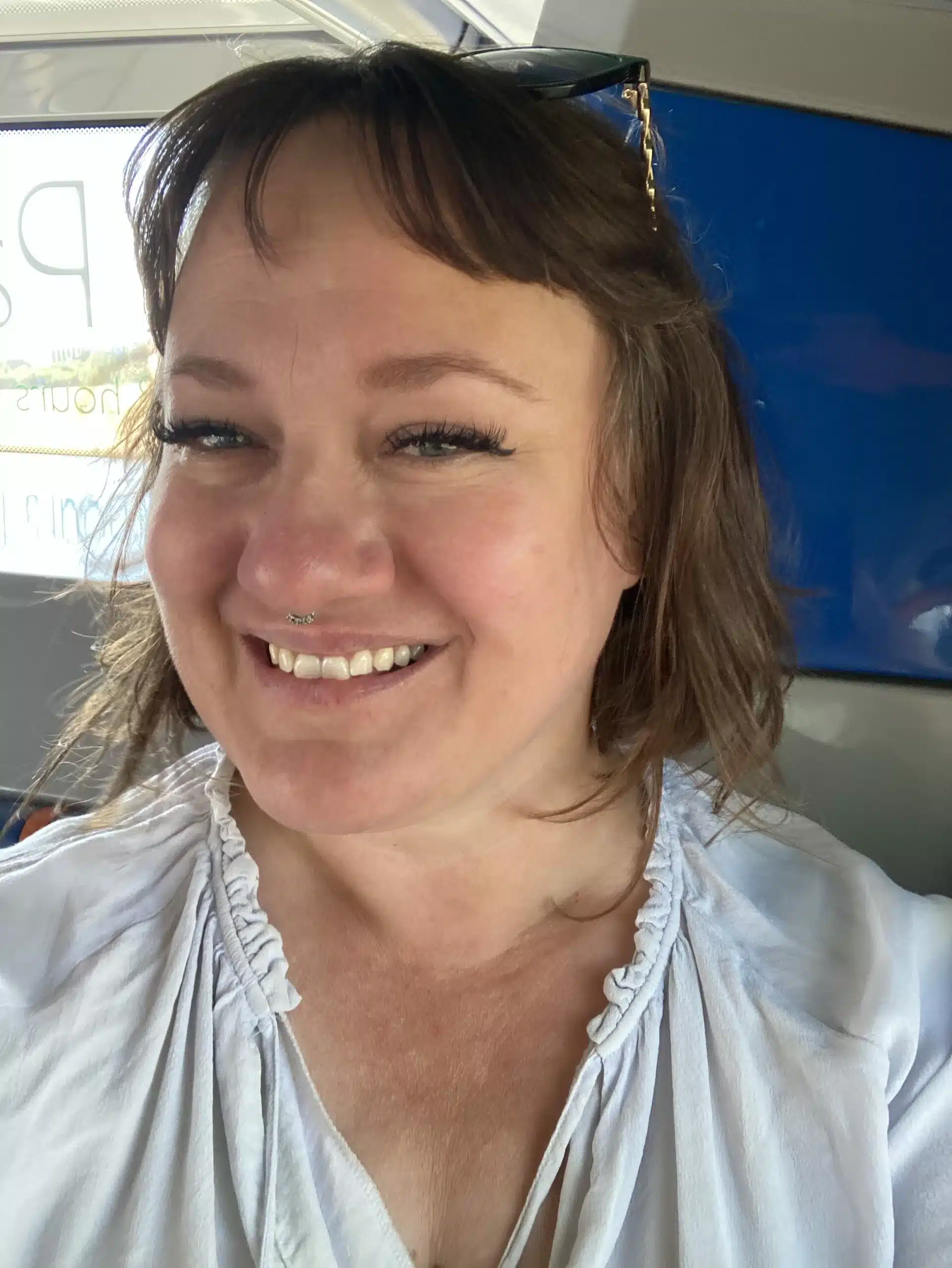
Deafness and music shouldn’t really go together but they do! OK, hear me out before you descend into wails of despair at the lack of awareness.
I am a (former) singer and musician with a career that spanned 10 years through the 80s. I was lucky to have sung on albums, and on large stages in Paris and South Africa before I lost my hearing from a mastoidectomy and degenerative hearing loss. A mastoidectomy is an invasive operation to remove all the small hearing bones and some of the ear canal due to infection. It wasn’t fun but I survived. I am 80% deaf in both ears now but have some residual hearing left on the mastoid bone and 20% is good enough for me.
My career and lifelong ambition and passion, all I have known how to do, came to a grinding halt. All the wonderful musical and networking connections also petered out and I lost my life joy. I was a young mum at the time and was struggling with a deep depression.
Looking back on that time, I remember I never stopped singing, I sang to my son as soon as he popped out as it felt like the most natural thing to do, innate and visceral. My son was soothed and would request lullabies and television generic theme tunes. He would smile up at me and eventually, my loss started to dissipate. Sure, it wasn’t the high life and lush hotel rooms but I still was practicing my craft.
Processing Grief and Loss as a Deaf Musician
It took me 8 years to get over the pain and loss of my musical career – as I knew it. I say, “as I knew it” because, you see, life is not linear and neither is a disability. A musical career grows and ebbs like a tide as does a disability. We have good days and bad days. We learn and grow.
As a young woman, the fame and lights of musical recognition motivated me and that was all I could see myself doing, filling concert halls, touring, and doing television interviews. For a time, I did all those things, but life often has other plans.
My hearing loss became the focus of my life. I searched for new ways of learning to cope with the hearing world and my auditory-changing environment. I was fitted with one hearing aid in the right ear that had sustained a colosteatoma. Life looked more manageable and after I had gotten used to the tinny sound in my ear and an analog hearing aid given to me by the NHS, one of the first available, I saw hope for the first time. Maybe, just maybe, I would have a chance at working professionally again.
Hope is a wonderful thing. It can open the doors of the soul and allow creativity to blossom. When I see the smallest triumph of a deaf musician, singer, dancer, or actor making news with their talent, I am elevated with triumph and hope. When Rose Ayling-Ellis of “Strictly Come Dance” fame, won the competition, I cried and my heart sang with happiness not just for her but for me and for the whole deaf community.
Why? Because when one wins we all win. In my native Africa, we use the word “ubuntu” which means acting in ways that benefit the community. We are everything if we work together.
Finding Hope and Help to Make Music Again
With my newfound hope, I applied for a grant from a wonderful charity called Making Music to buy an electric piano. This would help me turn my ear again to the different sounding musical notes I was hearing through my aids and my Phonak Roger pen. For those who don’t know what a Roger pen is, it's quite literally a pen with a microphone that captures all sounds and feeds them into my hearing aids. The advantage is I can hear everything that I plug it into and the disadvantage is that I can hear everything! Note to self: turn off before going to the bathroom.
I use headphones, as the high volume levels would blast hearing folks away, but I can transport myself away in minutes and connect with the sounds, locked into my own world. My hands quite naturally found the chords and I have started to compose again. Oh, the joy!
Learning to live with a disability is starting at the beginning again. It's taking baby steps till you can walk, and requires lots of self-love and patience. I am not standing on a stage yet, but I have steered my ambitions towards music, and although I know I cannot front a band or stand solo, I might just be able to write music again for other performers, or music for media and film. The possibilities are endless.
After some research, I discovered some superb charities out there that help disabled musicians who have retired or been made redundant due to illness. They have been instrumental in helping me gain back confidence in my musical abilities and will provide financial support when I make the final leap to working again.
I have some well-known friends in high places who have kept in touch and I am so grateful. They may just be receiving a call from me soon with a new project.
Remember, we are never too old to start again.
Charities for Disabled Musicians
Maire is a self-taught musician and qualified textile designer and writer, living in Norfolk. She champions disability and diversity. Mother to four young adult children, she likes nothing more than hanging out with them, shooting the breeze, and watching the world go by.
Maire is a self-taught musician and qualified textile designer and writer, living in Norfolk. She champions disability and diversity. Mother to four young adult children, she likes nothing more than hanging out with them, shooting the breeze, and watching the world go by.

